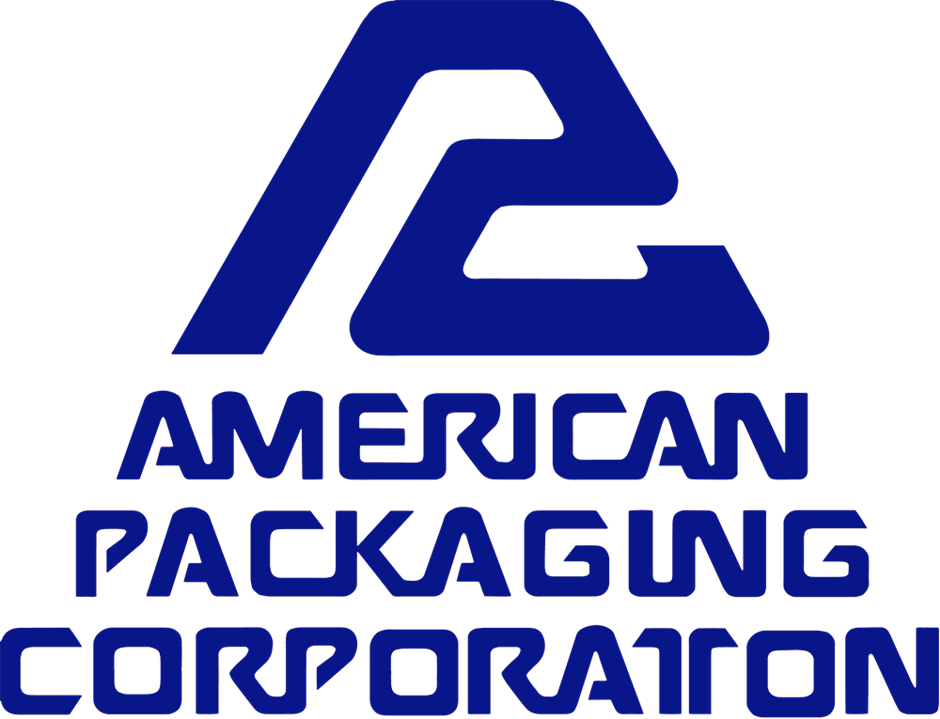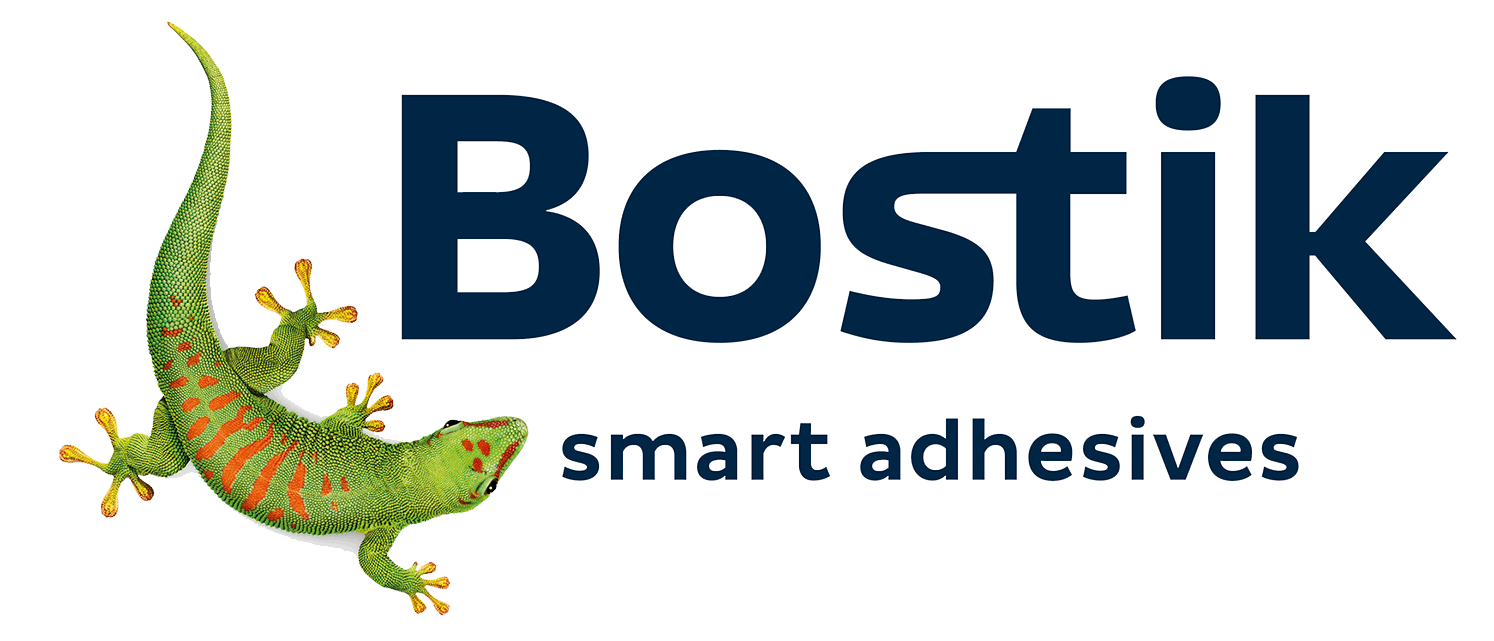
Exploring Emerging Resource Recovery Processes
End of Packaging Life

The Flexible Packaging Association is leading an industry effort to address end-of-packaging-use alternatives for flexible packaging, including increasing resource recovery. FPA will continue researching and exploring pilots to further advance development of emerging resource recovery processes.
Materials Management
FPA addresses resource recovery challenges
What is Materials Management?
Materials Management, among the emerging end-of-packaging-life options, provides the opportunity for recovery of the energy that is contained in flexible packaging. These options include converting feedstock into clean synthetic fuel gas, which can be used to generate electricity and through pyrolysis which transforms plastics and other waste into fuel pellets, which also generates power.
FPA Stakeholders
Engaging stakeholders is critical to the development of viable recovery options. Stakeholders include:
- Consumer Product Manufacturers
- Non-Governmental Organizations
- Waste Management Companies
- Industry Associations
- Municipalities
- Consumers
- Retailers
Extended Producer Responsibility (EPR) Basics
This Fact Sheet on the Basics of EPR was Developed by the ELC Advocacy Committee
The FPA Emerging Leadership Council’s (ELC) Advocacy Committee developed a fact sheet on extended producer responsibility (EPR) to help educate the industry, stakeholders, and the consumers of goods packaged in flexible packaging. The fact sheet touches on the following aspects related to EPR: the basic elements of EPR; an overview of the Maine and Oregon EPR legislation; how producers and consumers may be affected by EPR legislation; the FPA’s policy surrounding EPR; and important terms to know. VIEW FACT SHEET
FPA and PSI Reach Agreement on Legislative Elements
FPA and the Product Stewardship Institute's Shared Elements of EPR Legislation for Packaging and Paper Products (PPP) Dialogue Summary
In October 2019, the Product Stewardship Institute (PSI) and the Flexible Packaging Association (FPA) launched a year-long dialogue on how to manage flexible packaging within a potential regulatory context. Those participating represented 18 FPA member companies, 20 PSI state and local government agencies from states that had introduced or were developing extended producer responsibility (EPR) legislation, 2 statewide environmental groups, and 3 recyclers. PSI designed and facilitated the dialogue process, which included stakeholder interviews, five web-based calls, and a two-day in-person meeting. Through this process, FPA member companies, PSI member agencies, and other stakeholders learned about each other’s interests in managing flexible packaging, as well as unique challenges and opportunities, from manufacturing and design to post-consumer collection, reuse, and recycling.
LEARN MORE
FPA's Flexible Packaging Circular Life Management Position
Flexible Packaging has Numerous Beneficial Environmental Attributes
The FPA published its "Circular Life Management" for flexible packaging. The flexible packaging industry has a great opportunity to educate stakeholders and impact public opinion on the benefits of flexible packaging. Flexible packaging also creates a smaller environmental footprint when compared to alternative packaging types considering all impacts throughout a package’s life cycle. Flexible packaging requires less energy to manufacture and transport, which reduces greenhouse gas emissions and fossil fuel usage. It also uses less water in manufacturing and has a high product-to-package ratio.
LEARN MORE
Advancing Sustainable Materials Management: Fact and Figures
Trends in U.S. Material Generation, Recycling and Disposal
The U.S. Environmental Protection Agency (EPA) has collected and reported data on the generation and disposal of waste in the United States for more than 30 years. They use the information to assess and measure the success of waste reduction and recycling programs across the country. These facts and figures, current through calendar year 2013, were summarized and published in the report Advancing Sustainable Materials Management: Facts and Figures 2013.
GET THE FACTS
Degradability and Compostability
FPA's Position on Degradable Additives
The use of oxo-biodegradable and other degradable additives in flexible packaging materials is a complex issue that has resulted in confusion and misleading or unsubstantiated product claims in the marketplace. It is the position of FPA that:
• Any claim of degradability, especially claims such as “biodegrades in landfills” or “oxobiodegradable,” needs to be supported by scientific data certified by well established third party authorities.
• Existing claims of oxo-biodegradable and other degradable additives without reference to industry standards, outlining how data must be collected under specific analytical protocols, and accredited third party certifications, are inappropriate and may lead to misunderstanding and misuse.
FPA's Position on Degradable Additives
FTC Green Guides
The Federal Trade Commission issued revised Green Guides that are designed to help marketers ensure that the claims they make about the environmental attributes of their products are truthful and non-deceptive.
Green Guide Resources






















